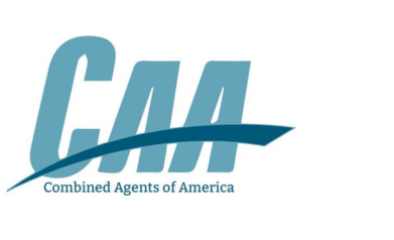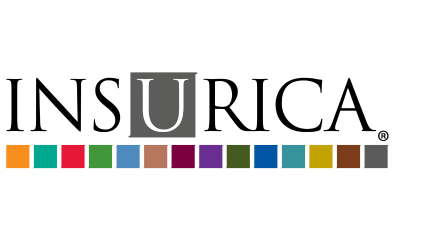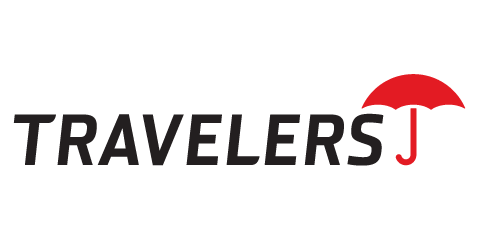Advances in electronic technology are allowing businesses, including those regulated by TDI, to integrate various elements of electronic commerce into their operations. The Internet and electronic commerce have resulted in increased conveniences and opportunities for consumers and the industry.
Texas Uniform Electronic Transactions Act
The 77th Texas Legislature passed the Uniform Electronic Transactions Act (Texas UETA) to be effective January 1, 2002 (Chapter 43 of the Texas Business and Commerce Code). In accordance with federal law, Texas UETA qualifies as a statute that will "modify, limit, or supersede the provisions of the federal Electronic Signatures in Global and National Commerce Act (E-Sign). However, the Texas law does not modify the consumer disclosure provisions of section 101(c) of E-Sign.
Texas UETA creates a statutory structure in Texas that supports the use of electronic signatures and electronic records in everyday public and business undertakings. Texas UETA addresses the effect of electronic transactions as follows:
- A record or signature may not be denied legal effect or enforceability solely because it is in electronic form.
- A contract may not be denied legal effect or enforceability solely because an electronic record was used in its formation.
- If a law requires a record to be in writing, an electronic record satisfies the law.
- If a law requires a signature, an electronic signature satisfies the law.
An "electronic signature" is defined as "an electronic sound, symbol, or process attached to or logically associated with a record and executed or adopted by a person with the intent to sign the record." The law also provides for electronic notarization. Therefore, certain insurance transactions may be conducted through electronic means.
Other Applicable Laws
Transactions subject to Texas UETA are also subject to other applicable laws, including:
- Electronic transactions must comply with the privacy requirements of the federal Gramm Leach Bliley Act (GLBA), the federal Health Insurance Portability and Accessibility Act (HIPAA), and related state statutes and rules.
- Any person or entity that wishes to do the business of insurance in Texas must be properly licensed, registered or otherwise authorized to conduct such business in the State of Texas.
- Any Internet site marketing insurance or other regulated products to Texas residents must comply with Texas advertising statutes and rules.
- Laws requiring that information be produced or made available to TDI also apply to information maintained electronically and information regarding electronic transactions.
- Contracts, policies and other products marketed to Texas residents by electronic commerce must meet applicable legal requirements, including the following:
- requirements regarding free look periods;
- formatting requirements including pagination and type size, as well as requirements that certain language be conspicuous or be placed in a certain location within a document;
- requirements regarding prior approval; file and use subject to review and/or approval; file for information; and/or exemption from review.
Voluntary Electronic Transactions
Although transactions may be conducted electronically, Texas UETA provides that the use of electronic records and signatures is voluntary. Texas UETA "does not require a record or signature to be created, generated, sent, communicated, received, stored, or otherwise processed or used by electronic means or in an electronic form." Likewise, a person who has consented to conduct one transaction electronically, may refuse to conduct subsequent transactions electronically.
Information Filed With TDI
With regard to information required to be filed with TDI, Texas UETA allows Texas state agencies to determine the extent to which the agency will accept, send, create, store, process, use and rely upon electronic records and signatures. The electronic filing of agent appointments may be processed through the National Insurance Producer Registry's Producer Information Network.
For More Information — See Commissioner's Bulletin No. 0002-02














